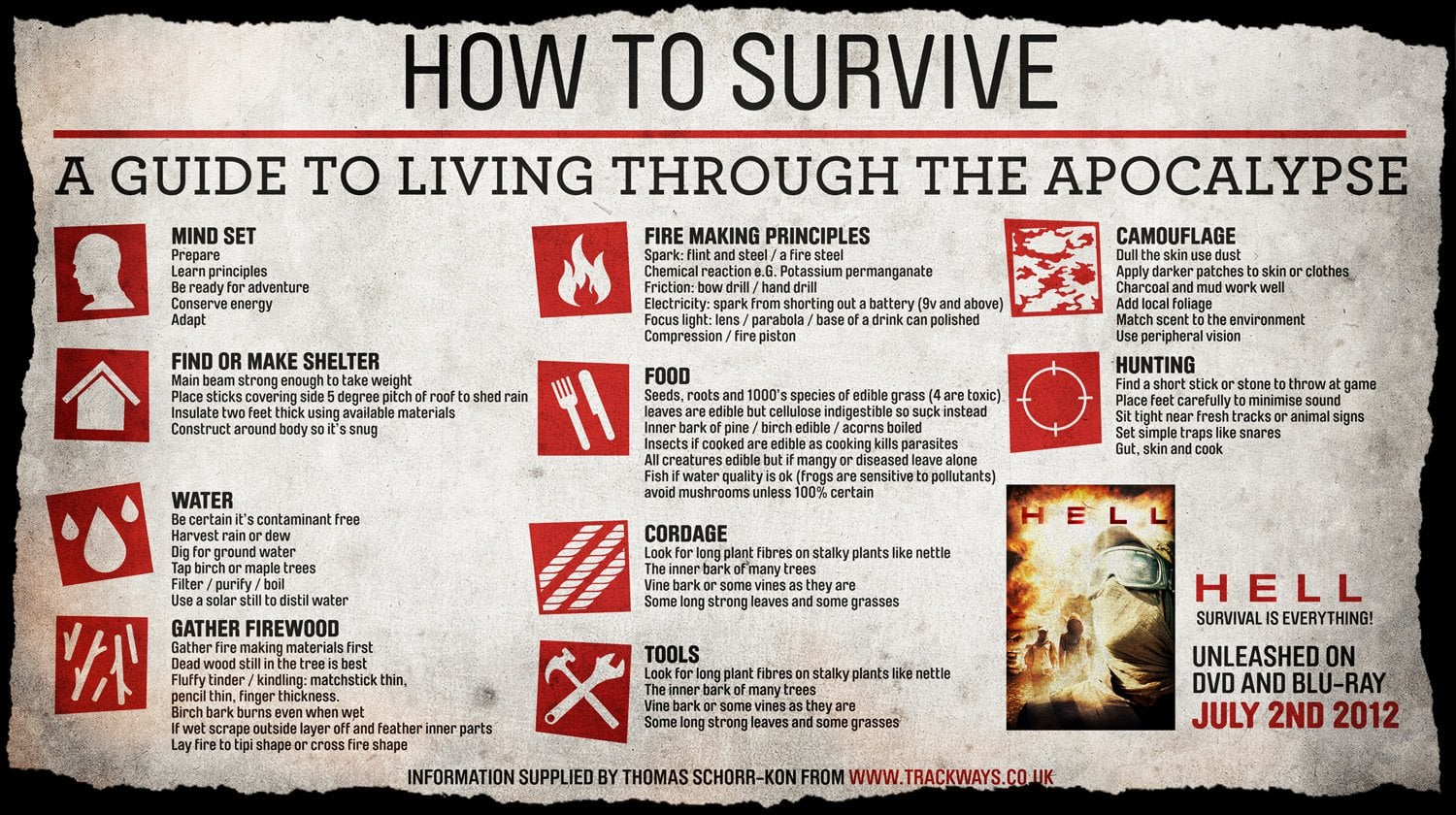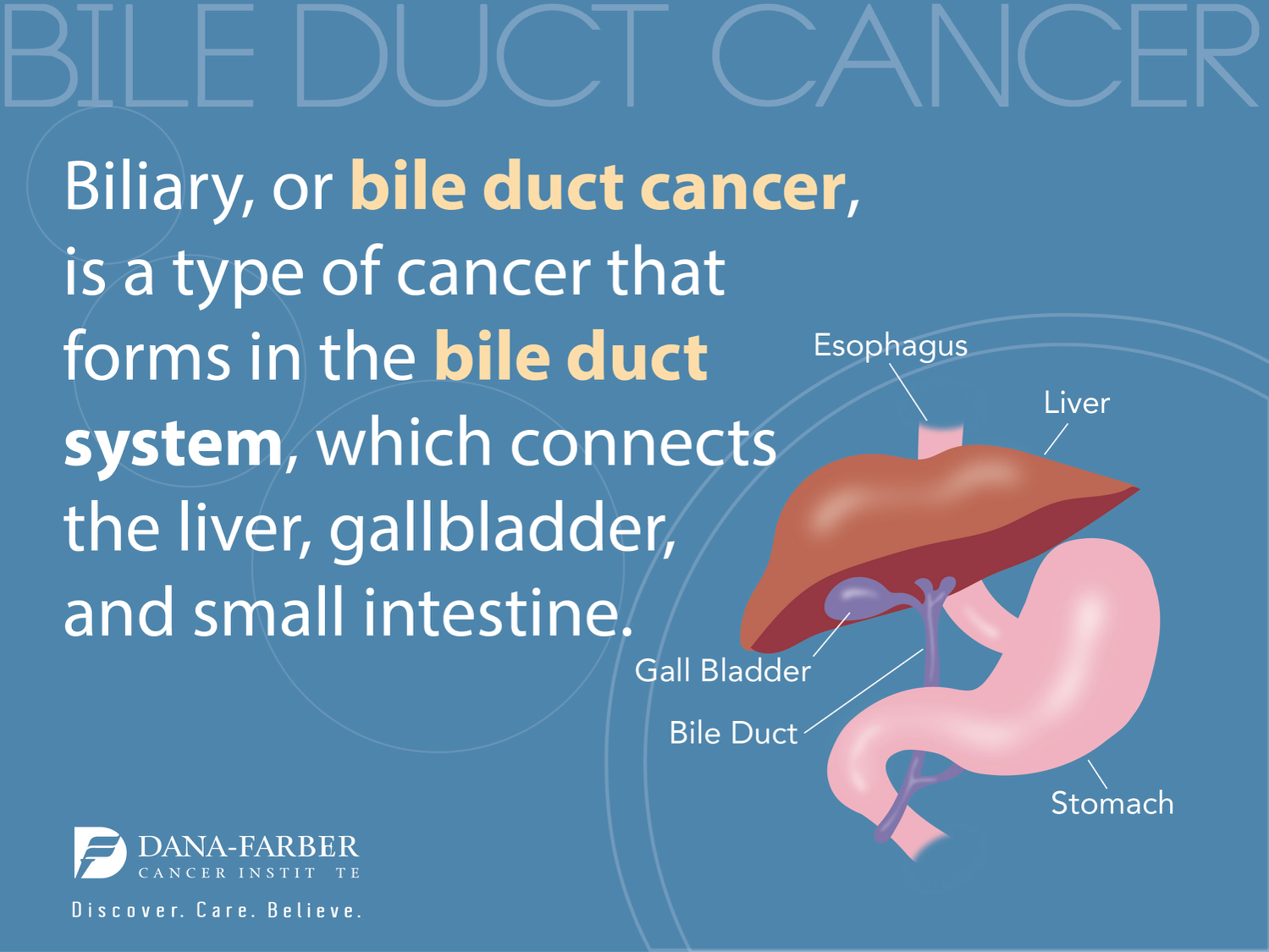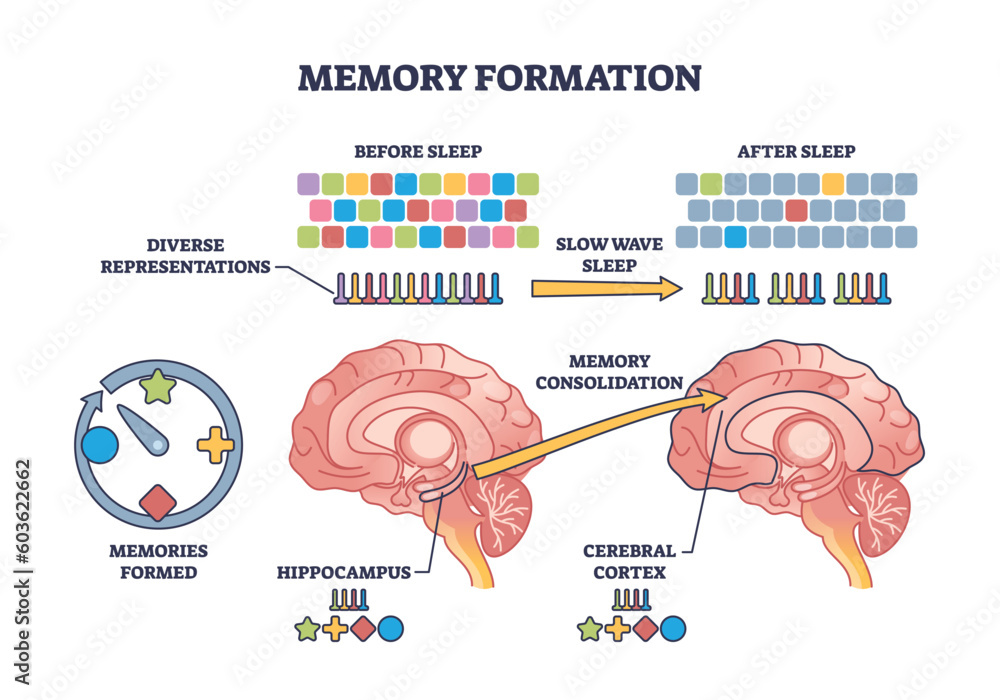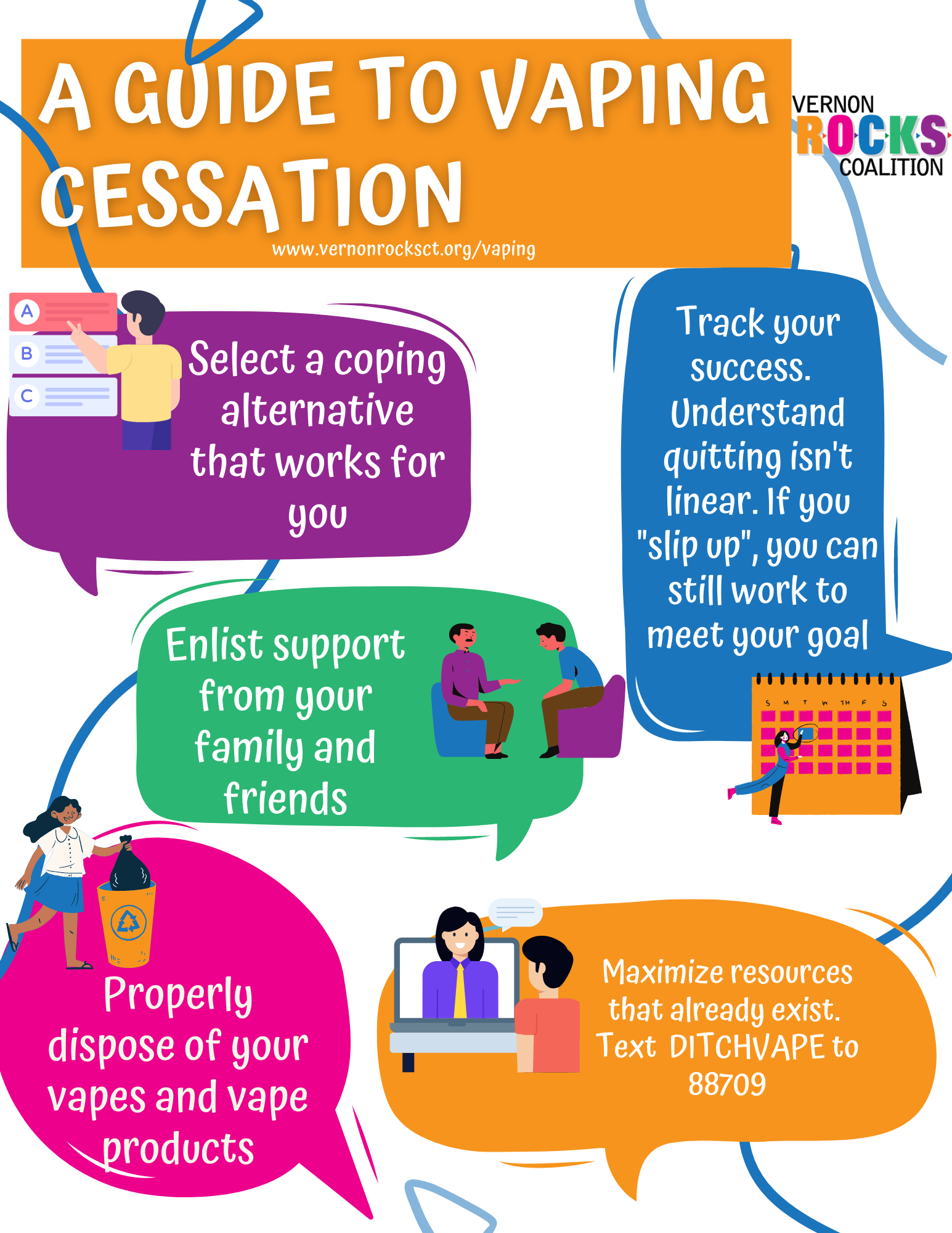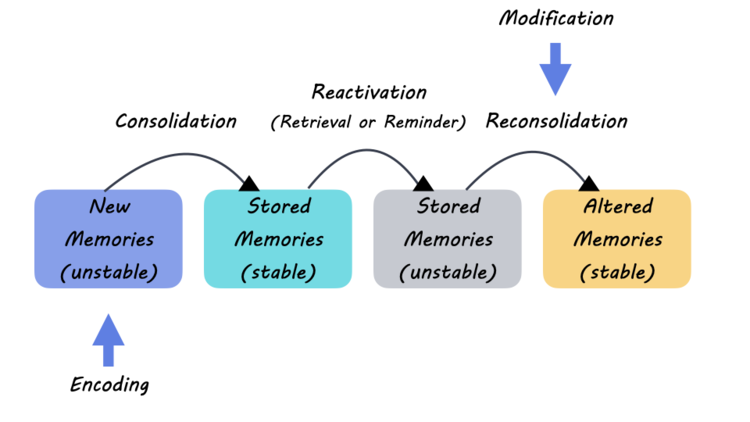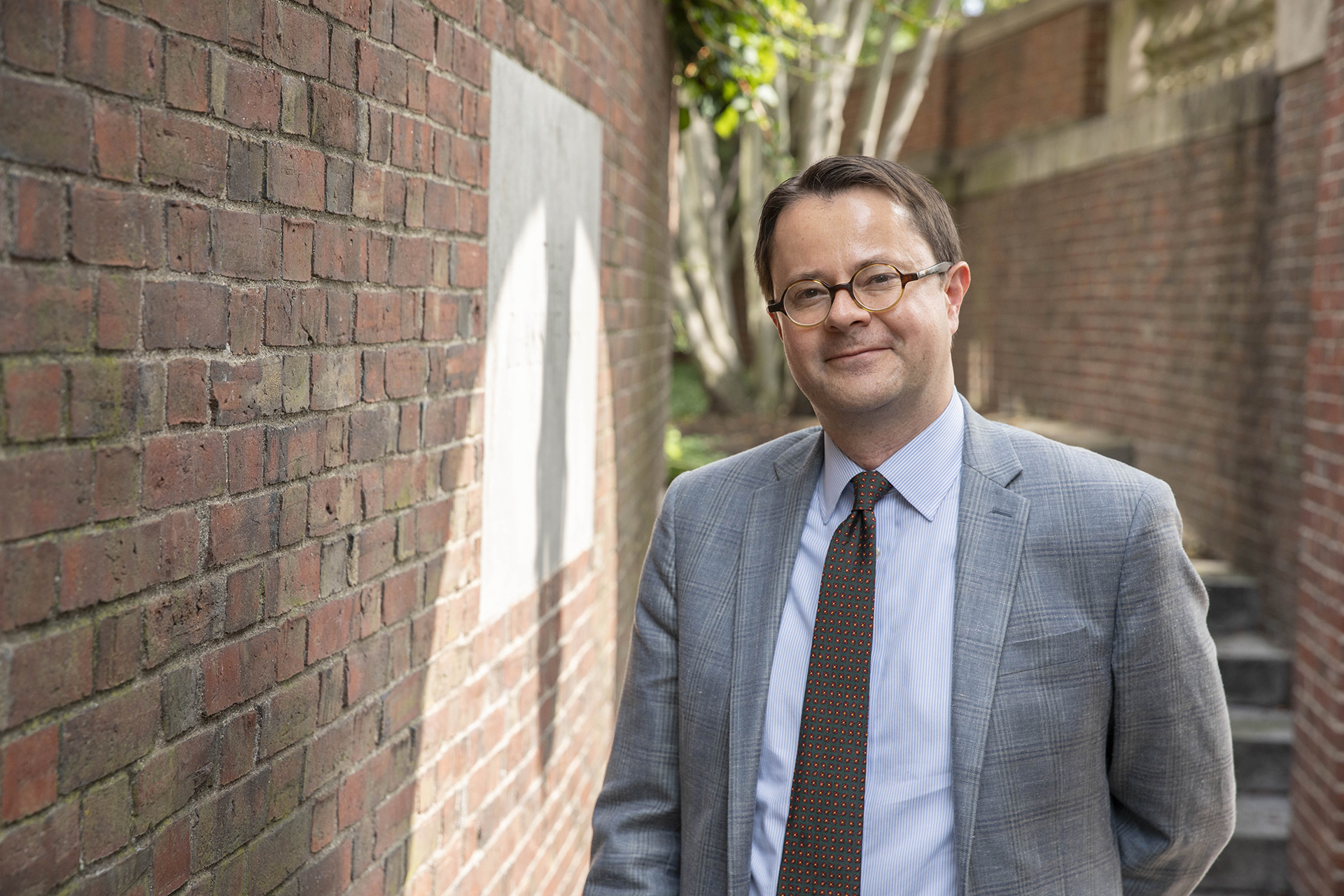Managing stress during an apocalypse is not only essential for survival but also paramount for maintaining mental well-being in chaotic times. In a world fraught with uncertainty from pandemics to climate disasters, adopting effective stress management techniques becomes vital. Fostering a sense of community support during crises can significantly alleviate feelings of isolation and anxiety. Incorporating mindfulness in difficult times allows individuals to center themselves, even amidst turmoil. Additionally, exploring creative apocalypse coping mechanisms can transform fear into empowerment, preparing us to face whatever the future holds.
In times of dire circumstances, effective strategies to mitigate anxiety become crucial for our survival. Approaches such as community engagement during crises and practical survival strategies can help bolster our resilience. Embracing a mindset where we view challenges as opportunities for growth can change our outlook on adversity. Furthermore, drawing upon coping methods that leverage social bonds provides a collective strength that can ease the burdens of hardship. By cultivating a supportive environment, we can enhance our ability to navigate through tumultuous periods with greater ease.
Healthy Coping Mechanisms for Stress Management During an Apocalypse
Managing stress during an apocalypse requires not only recognizing the gravity of the situation but also employing healthy coping mechanisms that can alleviate anxiety and fear. Techniques such as mindfulness meditation, deep breathing exercises, and physical activity are recommended. These stress management techniques help to calm the mind and enhance clarity, allowing individuals to navigate through uncertainty with a more focused approach. For example, incorporating daily mindfulness practices can ground a person’s thoughts in the present, making it easier to cope amid the chaos of an apocalyptic scenario.
Furthermore, it is essential to adapt one’s lifestyle to include activities that foster mental resilience. Creative outlets such as journaling or engaging in arts can cultivate a sense of normalcy and control during turbulent times. Engaging with nature, when possible, can also provide healing and rejuvenation—elements that contribute to improved mental health. By promoting positive emotions through these coping mechanisms, individuals can better manage their stress and be prepared for the unexpected challenges ahead.
The Importance of Community Support During Crisis
During an apocalypse, community support becomes vital for maintaining emotional and psychological stability. As emphasized by Athena Aktipis, forging connections within the community can lay the groundwork for essential mutual aid relationships. Social interactions and networks provide not only physical resources but also emotional backing that fortifies resilience during crises. This community support helps individuals feel less isolated and more empowered to face adversities collectively, strengthening bonds that are crucial for survival.
In addition to emotional sustenance, community support fosters collaborative survival strategies. By sharing resources, skills, and knowledge, community members can work together to build a more substantial safety net against the uncertainties of apocalyptic conditions. Pooling together various strengths can lead to innovative solutions that individuals might not have achieved alone. This collaborative spirit embodies the idea that success in survival does not have to be a zero-sum game; instead, it promotes a mindset where everyone’s contributions collectively enhance the group’s ability to endure.
Embracing Curiosity and Adventure in Tough Times
In times of crisis, the inherent human drive for adventure and curiosity can serve as a powerful tool for navigating stress. Embracing these traits allows individuals to reframe their experiences and approach challenges with a spirit of exploration. Aktipis’s concept of rekindling curiosity encourages people to find joy and playfulness in their daily lives, offering a counterbalance to the anxiety that often accompanies dystopian scenarios. By viewing challenges as opportunities to learn rather than mere obstacles, people can foster a more resilient mindset.
Adventure doesn’t always have to mean large-scale expeditions; everyday activities can also be infused with excitement. Trying new recipes, exploring local nature trails, or partaking in community events can ignite a sense of adventure and excitement. Such experiences not only distract from stressors but cultivate meaningful memories that strengthen emotional well-being. Through curiosity-driven endeavors, individuals can create their own version of “apocalyptic sustenance,” allowing them to thrive even amidst chaos.
Mindfulness as a Tool for Resilience in Crisis Situations
In an age where stress seems pervasive—particularly during crises such as apocalyptic events—mindfulness can serve as a powerful tool for building resilience. Practicing mindfulness involves consciously bringing one’s awareness to the present moment without judgment, which can mitigate feelings of anxiety and distress. Techniques such as guided imagery, focused breathing, and mindful observation enable individuals to process their emotions and foster a state of calm that is beneficial during trying times. This proactive approach to mental health creates a buffer against the shock and chaos of an apocalypse.
Additionally, regular mindfulness practice can enhance emotional regulation, making it easier to manage fear and panic reactions that may arise during times of heightened stress. By training the mind to be aware and accepting of different thoughts and feelings, individuals can cultivate greater self-awareness and adaptability. Mindfulness in difficult times not only empowers individuals to face their circumstances with grace but also inspires a communal atmosphere where emotional support and understanding flourish.
Developing Survival Strategies for Uncertain Futures
As we face an increasingly uncertain future, developing effective survival strategies is crucial for navigating the challenges that arise during apocalyptic situations. Aktipis suggests that the key to effective survival lies not in isolation but in cooperation. By collaborating with others, individuals can leverage diverse skills and resources, increasing their chances of overcoming obstacles. This collective problem-solving approach can be especially beneficial when addressing basic needs such as food security, shelter, and safety.
Moreover, survival strategies should also encompass mental and emotional preparedness. Cultivating a flexible mindset that allows for adaptability in the face of change can help individuals not only survive but thrive even in adverse conditions. This includes creating emotional resilience through social gatherings, shared experiences, and community support, which can bolster an individual’s capacity to cope with stress. Resilient communities are better equipped to face global uncertainties, laying the foundation for enduring survival even when challenges seem insurmountable.
Adapting to Change: A New Perspective on Apocalypse
Adapting to change is essential during an apocalypse, and understanding the nature of these transformative experiences can shift our perspective from fear to acceptance. Rather than perceiving an apocalypse as an end, Aktipis suggests viewing it as a time of revelation. This shift in mindset opens the door for personal growth and adaptation, allowing individuals to understand the complexities of their world more deeply. Embracing change can foster creativity and innovative thinking, essential for problem-solving in tough situations.
Additionally, accepting change involves recognizing that we do not control every aspect of our environment. By cultivating a sense of acceptance, individuals can reduce their stress responses and navigate through uncertainty with more ease. This doesn’t mean giving up; rather, it signifies a proactive approach to finding ways to thrive even when circumstances appear bleak. Understanding that the apocalypse can reveal underlying risks gives individuals an opportunity to become more prepared and adaptable, thus fostering a sense of agency and resilience.
The Role of Humor and Joy in Survival
In the face of adversity, humor plays a pivotal role in human resilience. Athena Aktipis emphasizes the importance of humor as a coping mechanism that can lighten burdens and foster connections within communities. Utilizing humor during an apocalypse can foster a sense of camaraderie, easing tensions and humanizing experiences that may otherwise feel overwhelming. When people share laughter, it not only distracts from stress but also enhances social bonds, creating a supportive network that encourages collective strength.
Additionally, joy should be intentionally cultivated during difficult times. Engaging in activities that bring happiness—such as singing, dancing, or creative expression—can build resilience and uplift spirits. By prioritizing joy and allowing moments of levity, individuals develop a balanced emotional state that can withstand the pressures of apocalyptic stressors. Finding joy amid chaos reminds us of our humanity and connects us with essential aspects of life that produce hope and motivate perseverance.
Understanding and Managing Risk During Apocalyptic Situations
Understanding and managing risk during apocalyptic situations is crucial for effective navigation through uncertainty. Athena Aktipis highlights that a proactive approach involves gathering data and scrutinizing potential threats to reduce stress and uncertainty. By educating ourselves about the risks we face, we become more prepared and equipped to prioritize our responses effectively. This analytical mindset fosters a sense of control amidst chaos, reducing feelings of helplessness.
Moreover, risk management extends beyond individual preparation; it also encompasses communal understanding and sharing of knowledge. Forming alliances with others can amplify the ability to identify and address potential risks collaboratively. Engaging in community discussions about safety, resource sharing, and collective action can enhance the overall resilience of the group. By embracing a communal approach to risk management, we strengthen social bonds and create a robust system of support that better equips us to handle apocalyptic challenges.
Creating Meaningful Connections: Our Social Safety Net
In a world increasingly characterized by uncertainty, creating meaningful connections serves as a social safety net that can enhance our resilience during crises. Social bonds are integral to survival strategies, providing emotional support, practical resources, and a sense of belonging. Athena Aktipis emphasizes the importance of forging these connections, suggesting that relationships founded on mutual aid can significantly improve our ability to cope during overwhelming challenges. When individuals feel connected, they are more likely to share knowledge, skills, and resources that can help everyone thrive.
Establishing a network of support can also alleviate the anxiety that often accompanies apocalyptic scenarios. By actively investing in relationships and fostering a sense of community, individuals can create an environment where they feel safe to express their fears and discuss coping strategies. This collaborative spirit fosters understanding and empathy, essential components for mutual aid. With a solid social foundation, communities can effectively navigate challenges together, ensuring that no one has to face turmoil alone.
Frequently Asked Questions
What are effective stress management techniques during an apocalypse?
Effective stress management techniques during an apocalypse include practicing mindfulness to stay centered and calm, engaging in survival strategies that promote safety, and seeking community support during crises. Incorporating activities such as storytelling, socializing, and humor can also fortify your mental resilience.
How can community support during crisis help manage stress in apocalyptic scenarios?
Community support during crises plays a vital role in managing stress during an apocalypse by fostering a sense of belonging and cooperation. Building relationships based on mutual aid can enhance your ability to cope, allowing for resource sharing and emotional support while facing challenges.
What role does mindfulness in difficult times play in managing stress during an apocalypse?
Mindfulness in difficult times is essential for managing stress during an apocalypse because it helps individuals remain present and focused amid chaos. By practicing mindfulness, you can reduce anxiety, improve emotional regulation, and enhance awareness of your environment, which is crucial for effective survival.
How can one implement apocalypse coping mechanisms for better stress management?
Implementing effective apocalypse coping mechanisms for better stress management involves cultivating a mindset of curiosity and adaptability. Engage in activities that strengthen community ties, and embrace playful learning opportunities, ensuring you’re prepared for uncertainties while maintaining a positive outlook.
What are some survival strategies to reduce stress during an apocalypse?
Survival strategies to reduce stress during an apocalypse include preparing an emergency plan, developing practical skills for self-sufficiency, and creating a support network for sharing knowledge and resources. These proactive steps can alleviate stress by increasing feelings of control and readiness.
Why is embracing community important for stress management during an apocalypse?
Embracing community is crucial for stress management during an apocalypse as it offers emotional support, shared resources, and collaboration opportunities. Participating in community activities can foster resilience and create a powerful social safety net, essential for navigating the challenges of an apocalyptic scenario.
| Key Point | Details |
|---|---|
| Cooperation and Community | Building relationships and mutual aid is essential for survival during crises. |
| Managing Risk | Understanding risk factors and gathering information can help alleviate unnecessary stress. |
| Mindset Shift | Embracing adversity as an opportunity for growth can help individuals endure tough times. |
| Playfulness and Curiosity | Incorporating fun and curiosity in daily life enhances coping mechanisms. |
| Social Bonds | Social interactions provide a type of ‘insurance’, helping to reduce risk. |
Summary
To effectively manage stress during an apocalypse, it is crucial to focus on community, cooperation, and an adaptable mindset. By gathering information about risks, building supportive relationships, and embracing curiosity and playfulness, individuals can not only survive but thrive amidst challenges. Understanding the importance of social bonds and transforming how we perceive crises can ultimately lead to more resilient and prepared communities.

